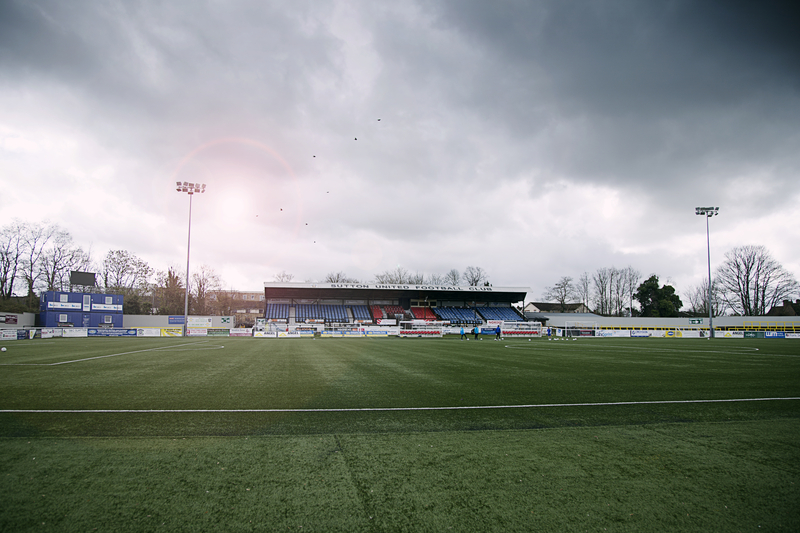Why it is important to support non-league day
This weekend, the Premier League, Championship, and several clubs in League One will participate in the Spring international break. It also marks another important day in the football calendar – Non-League Day.
Non-League Day was originally launched in 2010 by James Doe, a QPR fan who felt inspired after visiting a non-league side during a pre-season trip to Devon. Since then, the movement has snowballed, and in the 14 years that have followed, it has been backed by Premier League clubs, EFL Clubs, celebrities, and even some politicians.
The idea of Non-League Day is simple: with no Premier League football on to distract you, head down to your local non-league team and support them for the day. Buy a beer and a programme and give a little back to grassroots football.
At Directors’ Box, we are huge supporters of Non-League Day, and here are just some of the reasons why.
Supporting volunteers
Most non-league football clubs rely on volunteers to get through the season, whether this be match-day stewards, the ticket office, the media team, and sometimes even the backroom staff. These people live and breathe those clubs, and the non-league day is often a chance for them to showcase their hard work.
A little bit of appreciation goes a long way in football, and an increased crowd, with new friendly faces and vocal backing, can really help those people feel as though their hard work is all worth it.
It’s cheap
It’s no big secret that the Premier League is extortionate. A matchday, when everything like food and travel is factored in, can easily cost in excess of £100, and that’s just for a home game.
Non-league football is still very much a place where fans are the priority. As such, ticket prices and prices within the ground for things like programmes and beer are still very affordable. In most cases, ticket prices are at least half of what you would pay in the Premier League.
If we were to choose one example at random, in Hertfordshire, Watford’s Championship home clash with Leeds next week is priced at £35 for the cheapest home ticket. On Saturday, a ticket to watch Hitchin Town vs Telford United will cost £13. Even better, teenagers will be able to attend the game for just £4 if they buy their ticket in advance or £5 on the day.
Entertaining football
One of the biggest myths surrounding non-league football is that the quality of games is poor. While you are not going to be watching the tippy-tappy football of Manchester City, you will still find some quality players plying their trades in the lower reaches of the English pyramid.
For many fans, Non-League Day will also provide a welcome break from issues that plague the modern game, like VAR and a sanitised match-day experience. Football purists can enjoy good-fashioned scrappy games between two teams determined to put on a show for a big crowd.
In many cases, these teams will be comprised of local players who take a great sense of pride in playing for their home teams, and that sense of community can be incredibly infectious.
Coming back for more
Many football fans feel as though football is becoming inaccessible for the average working person. Prices are hugely inflated, waiting lists for tickets are huge, and the general matchday experience has become increasingly sanitised.
Non-League Day offers an alternative to this, and many fans over the years have actually found that they prefer the matchday experience and the idea of showing support to a local team. Even if it doesn’t become a weekly habit, a lot of fans will develop a soft spot for a local team that they may not have shown any attention to in the past.
Fans returning to these clubs is essential to the future of non-league and grassroots football in the UK. Likewise, introducing the next generation to football and showing them that football is not just something they can watch on TV ensures that the future of the game in the UK is strong.
So, if you have some free time on Saturday afternoon, head down to your local non-league team and show them some support. We also implore fans to make a habit of this when possible. Non-league games nearly always kick-off at 3 in England, with different times in Wales, and with altered Premier League fixtures, clashes are not as common as they were. After all, non-league football is for life, not just for the international break.
